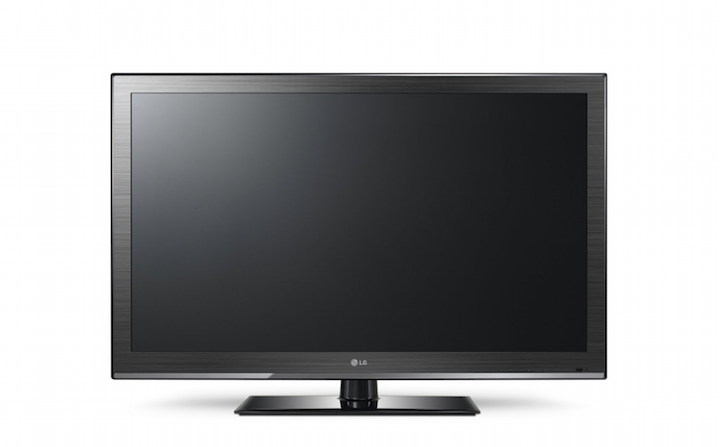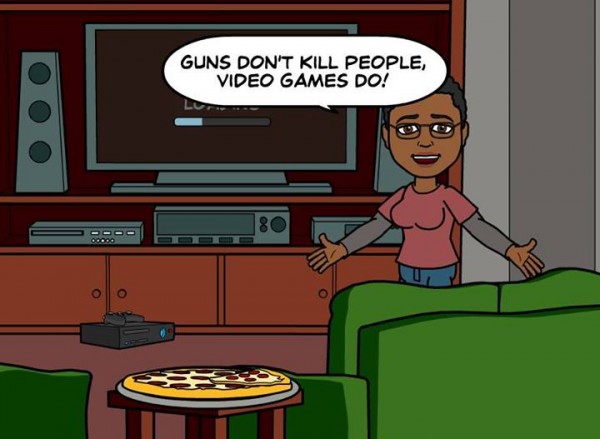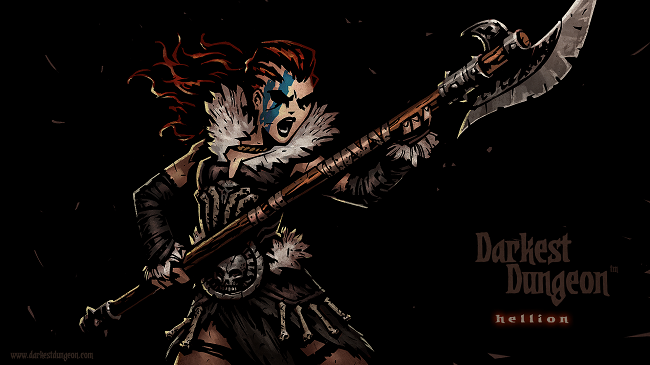In a recent Games and Culture article, “’I can Defend Myself’: Women’s Strategies for Coping with Harassment While Gaming Online,” author Amanda Cote presents research and interview data collected to show how women and other targeted groups deal with constant online harassment. She found five main ways women cope: “These strategies are leaving online gaming, avoiding playing with strangers, camouflaging their gender, deploying their skill and experience, or adopting an aggressive persona.” This article got me thinking about my own coping mechanisms as a female gamer, as well as thinking about the need for coping mechanisms in general.
I think it’s no secret that many women and anyone really who identifies as a non-white, non-cis, non-male will likely be the target of harassment in games at some point in their gaming lives. I wrestle between the desire to flip the system on its head, call out and attempt to shut down such behavior every time I see it, and be aggressive toward toxic behavior generally, and my own coping strategies. Sometimes I want to forget everything and just play. I find, however, that no matter how much I ignore toxicity, or how much I employ one of the coping strategies detailed above, I can never really forget my identity within a toxic community. It doesn’t matter if I’m the target, if someone else is the target, or if there seemingly is no target at all, once a community crosses that threshold, it loses something permanently.
Of course I enjoy games. I’m sure we all enjoy games even if they have toxic communities around them. But I do think my experience of a game will never be the same as someone who hasn’t been targeted. Further, I wonder also if these coping strategies only further strengthen the idea that gaming is for men, and everyone else must adapt or hide to play. As the author states, “Although women are intelligent media audiences, they currently face an unfair burden when it comes to managing the online environment.” It’s on us, in other words, as the outsiders to cope. We have done that, and we are doing that. Yet, it seems like things are only getting worse.
How can women be seen as essential to the gaming community if part of our coping mechanisms force us to distance ourselves? We can never fully be ourselves, engage, open up, so when Cote finds that there is a significant number of women who do not see themselves as gamers or as part of the community, I’m not surprised. Being “all in” for something that is toxic and hateful, where you must hide yourself, is not really possible.
So what needs to be done? Cote believes the answer will lie in smart design choices that show value for the marginalized audience. This is probably the predominant position in game studies current, the “Values at Play” perspective. We here at NYMG have tried to make the situation better by being a platform for the voices of the marginalized, putting logic and research behind positions that we believe are ethical and will make the community better. What I worry about is this: do games need to die to be reborn? Look at the NFL: after years of being led by questionable ethical values, it is on the cusp of collapse. It tried to grow too big and got too greedy. Right now I believe the game industry is surviving on the creative genius of indie developers, an international interest in esports, and the social game market. Those three parts are where the innovation is happening. AAA and COTS, particularly FPS, are big money makers of course, but I worry they are headed the way of the NFL, built on outdated principles and outdated markets. Will we fix the toxicity that plagues games before gaming has its big crash? I don’t know, but I sure hope so. Or maybe not. Maybe gaming needs to crash in order to be rebuilt in a way that values all types of players. Maybe that’s the only way for women to do away with coping mechanisms for good, and instead focus on play and fun. Maybe what we are doing now will finally work and those who live to harass and threaten will finally be silenced– though I certainly have less hope for the latter.




